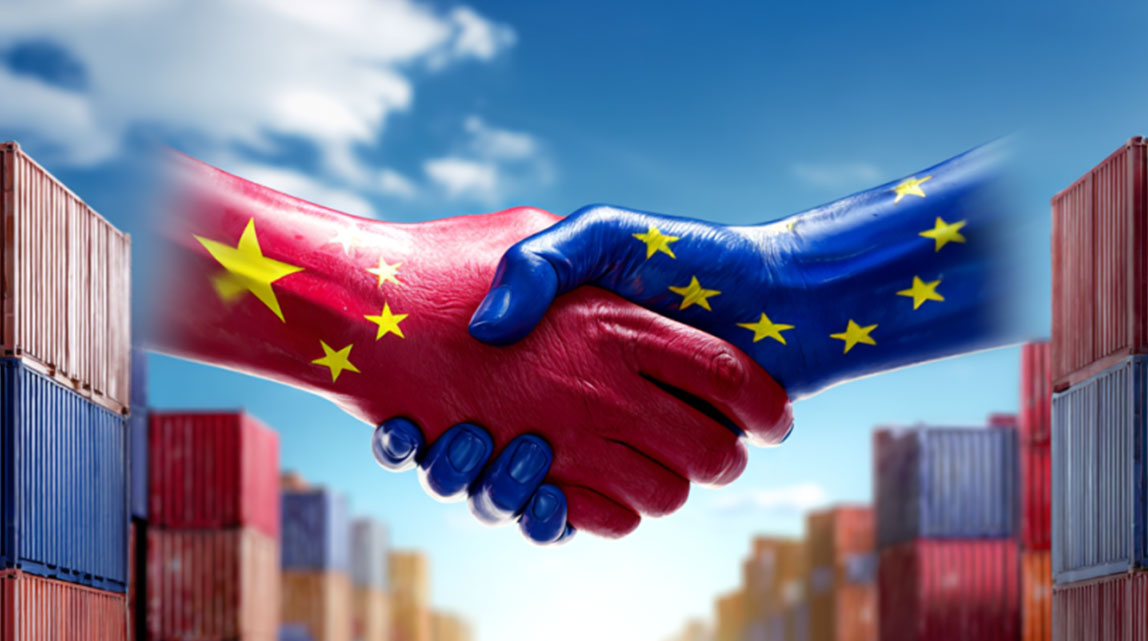For decades, Chinese factories have powered the global economy, producing everything from electronics to apparel for companies around the world. Yet, despite their central role in global manufacturing, most Chinese factories remain hidden behind layers of intermediaries, brands, and distributors. This traditional model has worked — but it’s no longer the most efficient or profitable route in a globalized, digital-first world.
With the rise of e-commerce, global logistics, and digital payment systems, it’s time for Chinese manufacturers to take center stage. Selling directly in Western markets isn’t just possible — it’s a strategic imperative for long-term growth, higher margins, and brand control.

Cut Out the Middleman, Keep More Margin
When Chinese factories sell through wholesalers, agents, and brand owners, a large portion of profit is siphoned off before the product reaches the customer. By selling directly (DTC — Direct to Consumer), factories can retain much higher margins while still offering competitive prices to end customers.
In fact, many Western consumers are already used to — and even prefer — buying directly from brands online. There’s no reason Chinese manufacturers can’t become those brands.

Control the Brand and Build Loyalty
When factories sell through other companies, they lose control of their branding, product presentation, pricing, and customer service. Going direct allows manufacturers to build their own brand identity and customer base — crucial assets in the modern business world.
In the long run, owning a brand is far more valuable than making products for someone else’s.
Rise of Logistics and Fulfillment Networks
One of the biggest historical barriers to selling direct has been logistics — but that’s changed. Today, global logistics providers offer fast, affordable fulfillment services in Western countries, including local warehousing, returns management, and last-mile delivery.
Faster Feedback = Better Products
Selling directly means getting real-time feedback from actual users. This allows factories to improve products faster, respond to customer needs, and innovate ahead of competitors. Intermediaries often distort or delay this feedback loop.
Selling directly means getting real-time feedback from actual users. This allows factories to improve products faster, respond to customer needs, and innovate ahead of competitors. Intermediaries often distort or delay this feedback loop.
Selling directly means getting real-time feedback from actual users. This allows factories to improve products faster, respond to customer needs, and innovate ahead of competitors. Intermediaries often distort or delay this feedback loop.
- Instant customer insights
- Faster product improvement
- No distortion from intermediaries
- Opportunities for customization
Mitigating Dependence on B2B Clients
When factories rely entirely on bulk orders from Western companies, they’re at the mercy of a few large clients. This is risky. Going DTC diversifies revenue streams and builds resilience.
With even a modest online presence, a factory can balance B2B contracts with B2C sales, reducing dependence on any single buyer or country.
Data Is the New Oil
Factories that sell through other brands never see customer data — which means they miss out on one of the most powerful tools for modern growth. Selling direct gives manufacturers access to purchase behavior, demographics, customer lifetime value, and more.
This data is critical for making smart product decisions, targeting ads, and scaling operations intelligently.
Conclusion: The Time Is Now
The global economy is changing. Western consumers are buying more online, trust foreign sellers more than ever, and care more about product quality than brand legacy. At the same time, digital tools and logistics solutions have flattened the global playing field.
For Chinese factories, selling directly in Western markets isn’t just a growth opportunity — it’s a transformation opportunity. The tools are in place. The demand is real. And the timing has never been better.
The future belongs to the makers who dare to be brands.
